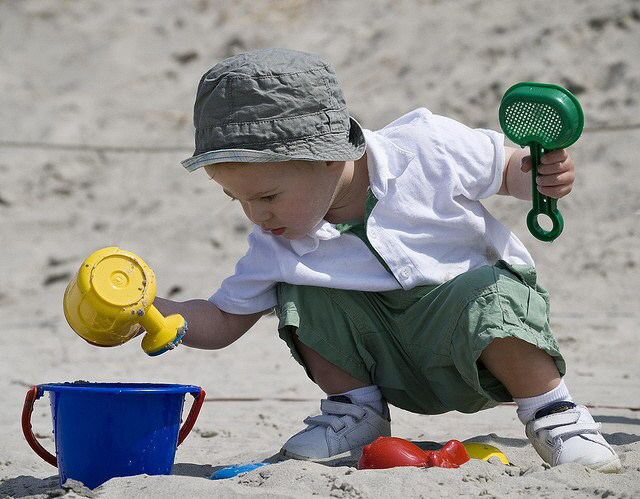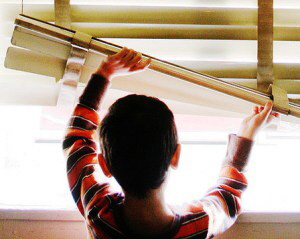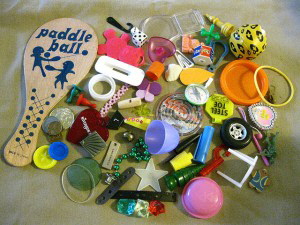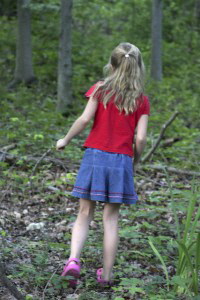
Treasure Hunt! Skill Building Game for Children
October 26, 2014
Everyone loves getting something special and that’s what treasure hunts are all about. One person hides a special object or treat. The hider creates one or more clues for another person to find the object. The hider gets the joy of giving and the finder gets to work the puzzle. It's pretty much fun for all and doesn't have to hard or complicated.
 There are lot of great post and pins with ideas for clues, themes and explanations of treasure hunts. We encourage you to do one and show your kids how to enjoy this fun game and activity. Treasure Hunts are appropriate for ages preschool to teenager by varying the number and complexities of the clues. Since most Treasure Hunt clues are written, that’s why we have preschoolers as the minimum age. The toddling younger siblings will enjoy the chase and perhaps figure the clue out first.
There are lot of great post and pins with ideas for clues, themes and explanations of treasure hunts. We encourage you to do one and show your kids how to enjoy this fun game and activity. Treasure Hunts are appropriate for ages preschool to teenager by varying the number and complexities of the clues. Since most Treasure Hunt clues are written, that’s why we have preschoolers as the minimum age. The toddling younger siblings will enjoy the chase and perhaps figure the clue out first.
Here’s a one clue rainy day diversion example: Your kids are about ready for an afternoon snack. Put their sliced apple pieces in the master bath shower. Let’s say finders are six and four years old. Next write the following note on a piece of paper, “Go where mom and dad are always clean” or “Go to a place where it rains on daddy indoors”. You might have a back up note, “when dad is there, he is all wet”.
Explain the game to your finders and give them a clue. If they don’t start looking around then you may have to explain the activity again; that you have hidden their treat and by following the clue they will discover their treasure. If they look around but the 1st clue doesn’t get them there then give them the second clue. Hopefully that will get them to the shower and if it doesn’t then write another clue or help them analyze the notes for information. (You could play “Hot and Cold” but that is really another game and distracts from the language and analytic aspects of a treasure hunt.)
Once your finders have played “Treasure Hunt” a bit then they will get better at understanding the game and quicker at solving the clues.
Now it’s time to help them play the game themselves. Prizes can be anything: cookie or marshmallow wrapped in plastic, maybe one sibling has a toy the other one covets and he’s ready to give away. You can help make it special by allowing special treats to facilitate the game or helping them come up with appropriate treasures.
One child has to hide the prize and create the clue. Popular hiding places are dishwasher, clothes washer, stairs, favorite chair, TV, computer, you get the idea. You may need to help them “hide” the treasure and create the clue. As they get older you can challenge them to make their clues more complicated or maybe rhyming.
Teach them how to have multiple clues working backward from where the treasure is. Write a clue for the treasure location. You may want to number this clue #1. Now hide the slip of paper with clue #1. And write a clue #2 for the location of clue #1.
The finder gets clue number 2 and when they solve the clue they will find clue number 1. Clue number 1 will lead them to the treasure.  This is great for a special treat or if the hider has plenty of time to create an adventure.
This is great for a special treat or if the hider has plenty of time to create an adventure.
You can see the children are using:
- thinking and logic skills to create and solve the clues
- reading and writing skills
- language skills to vary the clarity and complexity of the clues
- social awareness to gauge their audience’s aptitude and tenacity
Treasure hunt fun will evolve in complexity as the kids get older and more capable. Sometimes we would give our older children a treasure hunt birthday present. It was a great way to lead them to the new bicycle in the garage that was impossible to wrap.
Pretty sure you will have to show them how it’s done. Parents or older siblings will be the treasure hiders and clue creators to introduce beginners and teach them the concepts. Then, especially with a little help, guidance and access to special treats, or not, your treasure hunters will be off and learning.
 |
 |